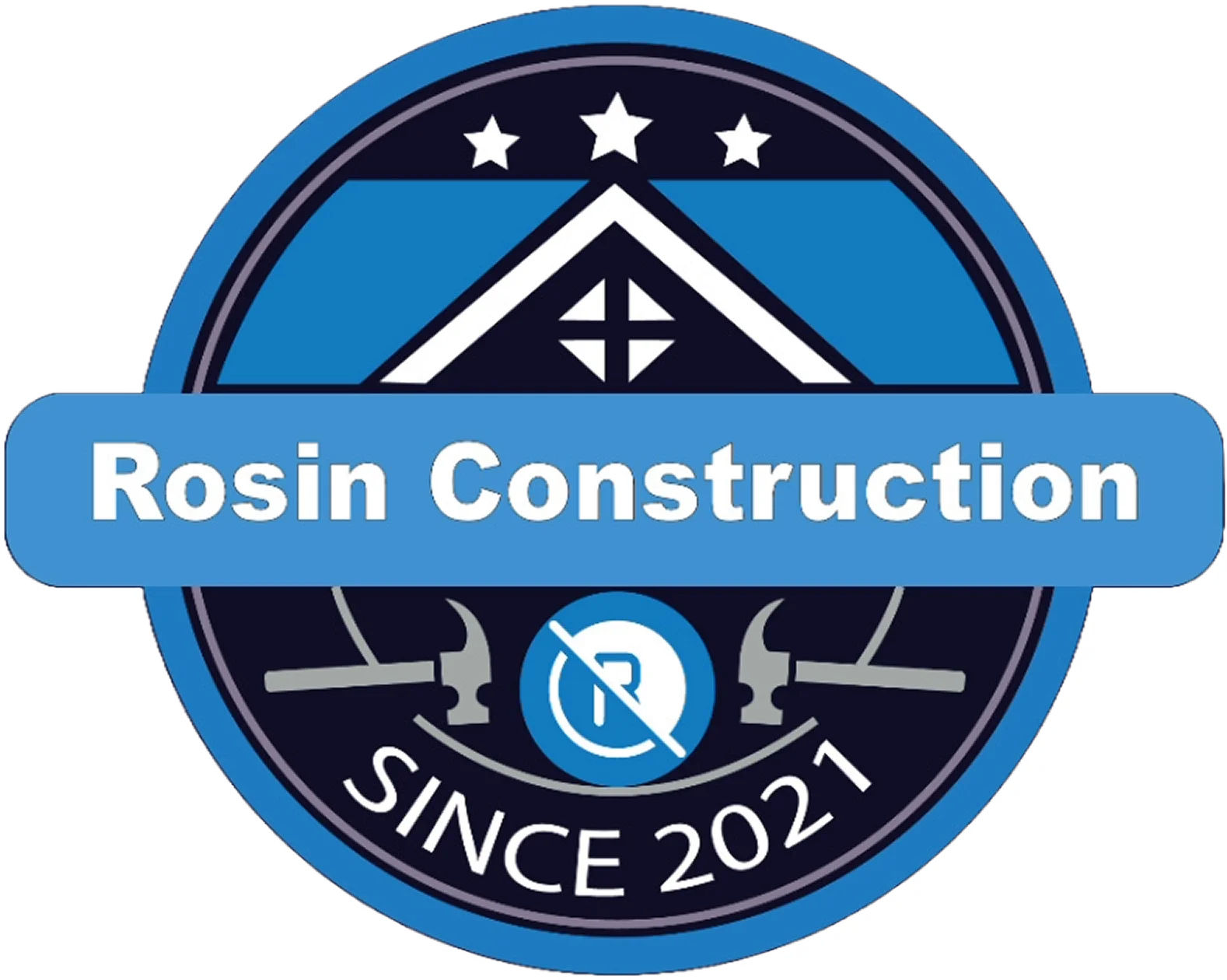Choosing the Right Construction Materials for Long-Lasting Projects
Last Update:
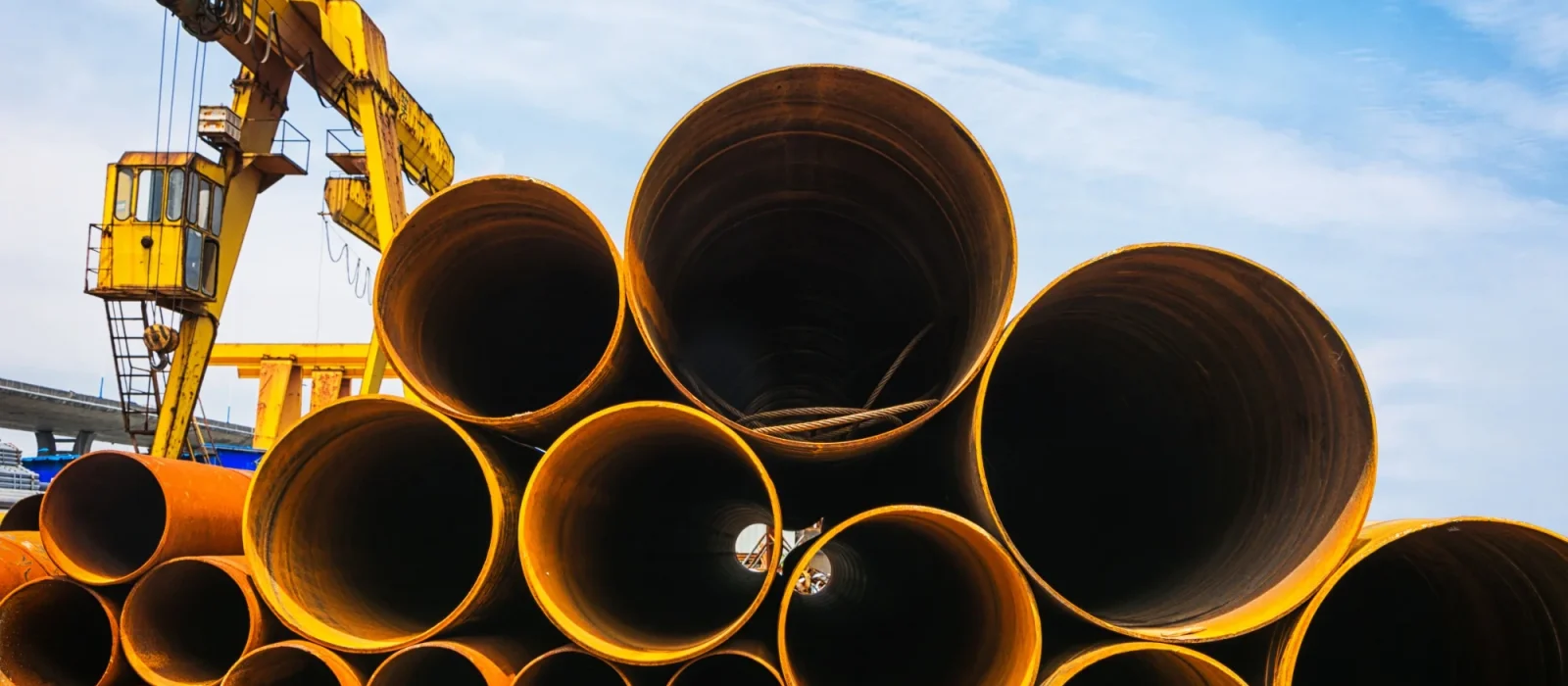
-
Rosin Construction
Table of Contents
Introduction
Selecting the right construction materials is the cornerstone of any successful building project. In Bangladesh, where climate, soil conditions, and rapid urbanization present unique challenges, making informed choices about materials like cement, steel, and sanitary ware is essential for ensuring durability, safety, and long-term value. This guide will help you navigate the options and make the best decisions for your next project.
Why Material Selection Matters
The longevity and safety of a building depend heavily on the quality of materials used. Poor choices can lead to structural weaknesses, higher maintenance costs, and even safety hazards down the line. By investing in high-quality, suitable materials from the start, you ensure your project stands strong against Bangladesh’s climate and environmental conditions.
Cement: The Foundation of Strength
Cement is the backbone of most construction in Bangladesh, used in everything from homes and commercial buildings to roads and bridges. The most common types include:
Ordinary Portland Cement (OPC): Widely used for general construction, OPC is versatile and suitable for concrete, mortar, and stucco. It comes in various grades (33, 43, 53), with higher grades offering greater strength-ideal for high-rise buildings and infrastructure.
Portland Pozzolana Cement (PPC): Incorporates fly ash for enhanced durability and resistance to chemical attacks. PPC is eco-friendly and well-suited for marine structures, dams, and projects exposed to harsh environments.
Portland Slag Cement (PSC): Uses slag from the steel industry, making it strong and resistant to sulfates and chlorides. PSC is ideal for constructions in aggressive environments and offers a greener alternative.
Hydrophobic Portland Cement: Repels water, making it excellent for areas with high rainfall or for structures like tanks, reservoirs, and swimming pools.
Key Considerations:
Match the cement type to your project’s structural and environmental requirements.
Consider long-term durability and maintenance, not just upfront cost.
For coastal or chemically exposed sites, opt for sulfate-resistant or hydrophobic cement.
Steel: Ensuring Structural Integrity
Steel is critical for reinforcing concrete and providing structural strength, especially in multi-story buildings and infrastructure projects. In Bangladesh, the most commonly used steel grades are 40, 60, and 75:
40-Grade Steel: Suitable for medium-sized components and general construction.
60-Grade and 75-Grade Steel: Preferred for high-strength applications such as columns, beams, and large infrastructure, offering greater tensile strength and durability.
Corrosion Resistance: Given Bangladesh’s humid climate, choose steel with anti-corrosive properties to prevent rust and extend the lifespan of your structure.
Tips for Choosing Steel:
Ensure the steel meets national and international standards for quality.
Check for certifications and test reports from suppliers.
Opt for steel with high dimensional accuracy and tensile strength for critical structural elements.
Sanitary Ware: Combining Functionality and Style
Sanitary ware is essential for creating functional, hygienic, and visually appealing bathrooms and kitchens. In Bangladesh, the market offers a wide variety of products-from washbasins and toilets to showers and faucets-catering to different budgets and tastes.
Quality and Durability: Choose sanitary ware made from high-grade ceramics or stainless steel for longevity and ease of maintenance.
Water Efficiency: Modern toilets and faucets with dual-flush or sensor technology help conserve water, which is crucial in urban environments.
Aesthetics and Comfort: Select designs that complement your space while providing comfort and usability.
Trusted Brands: Opt for reputable brands known for quality and after-sales support to ensure hassle-free installation and long-term performance.
Sustainable and Emerging Materials
With growing environmental awareness, sustainable construction materials like bamboo, recycled steel, and fly ash bricks are gaining popularity in Bangladesh. These materials reduce environmental impact and often provide cost-effective alternatives without compromising strength or durability.
Final Tips for Choosing Construction Materials
Assess Project Needs: Consider the type of structure, location, and environmental exposure.
Balance Cost and Quality: While budget is important, prioritize materials that offer the best value over the building’s lifespan.
Consult Experts: Work with experienced engineers and suppliers who can guide you in making informed decisions.
Plan for the Future: Opt for materials that require minimal maintenance and are adaptable to future needs.
Conclusion
Choosing the right construction materials is a crucial step toward building safe, durable, and cost-effective projects in Bangladesh. By understanding the options and considering factors like strength, sustainability, and local conditions, you can ensure your investment stands the test of time.
more insights
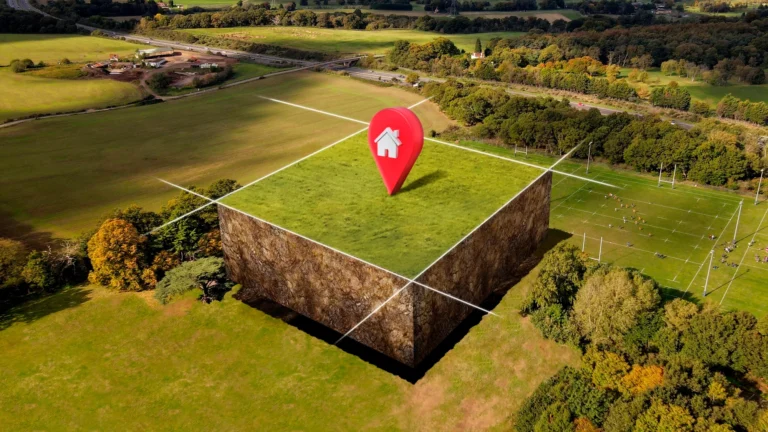
How to Plan a Successful Land Development Project
Analyze when it makes sense to rent machinery like excavators and mixers, including cost, flexibility, and maintenance considerations.
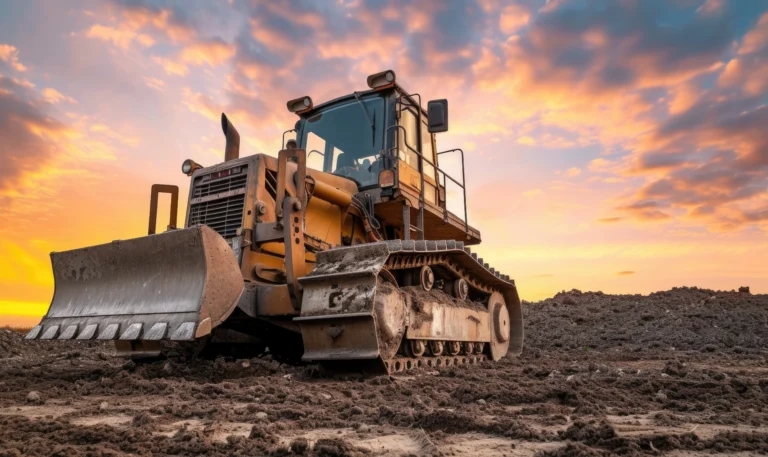
The Benefits of Renting Construction Equipment vs. Buying
Analyze when it makes sense to rent machinery like excavators and mixers, including cost, flexibility, and maintenance considerations.
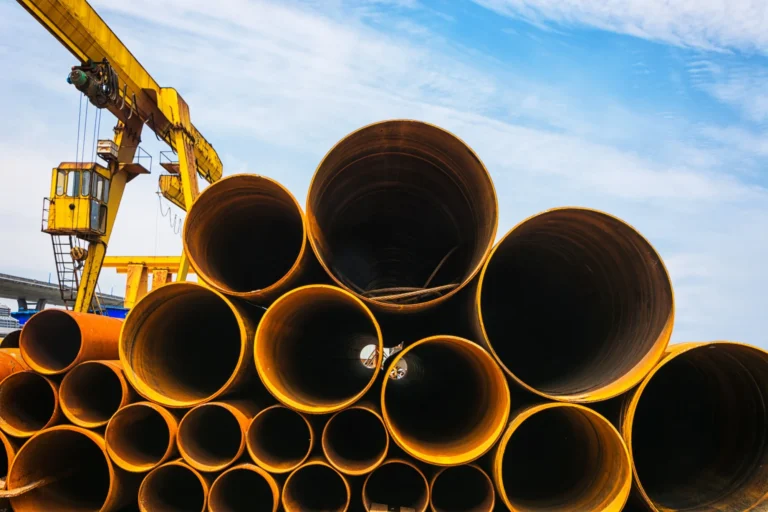
Choosing the Right Construction Materials for Long-Lasting Projects
Selecting the right construction materials is the cornerstone of any successful building project.
